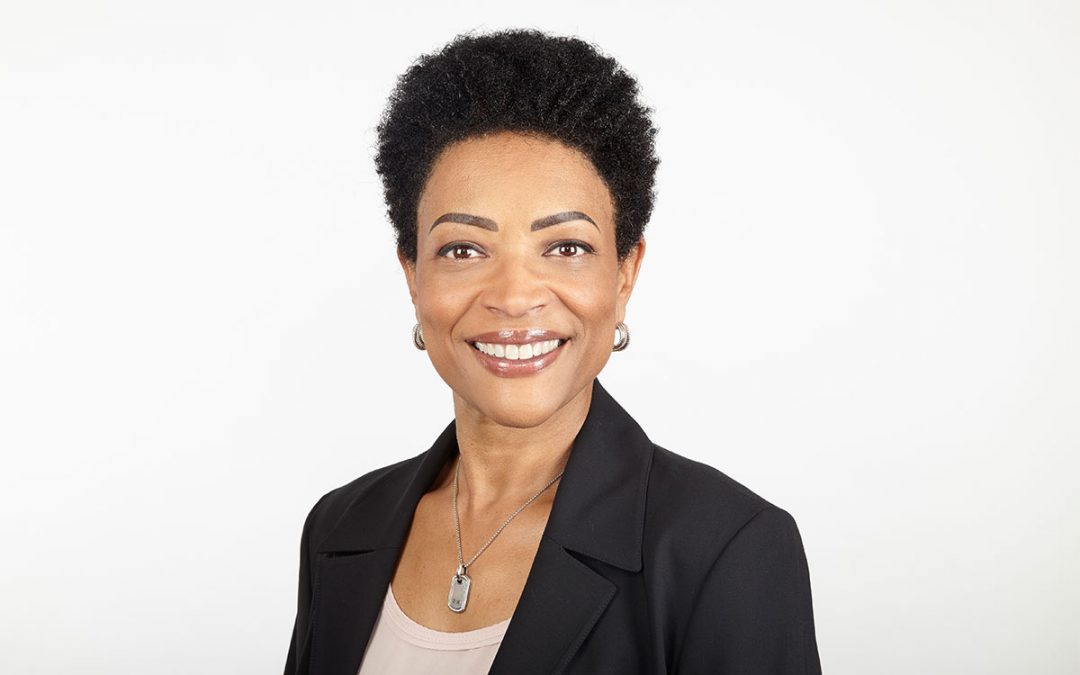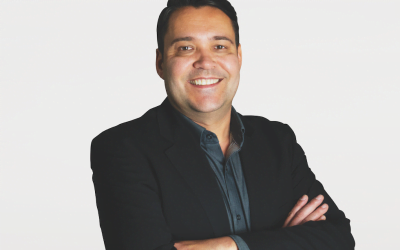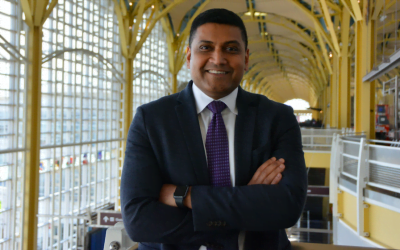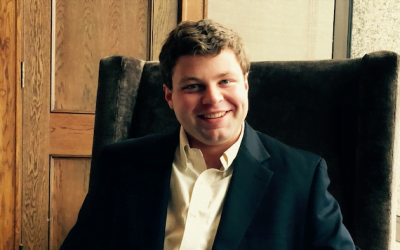Cassie Nelson recently entered the airport concessions world when she joined the team at Paradies Lagardère. She has more than 20 years of experience with The McDonald’s Corporation, and has also worked with Bloomin’ Brands and Carrabba’s Italian Grill restaurants. AXN’s Carol Ward spoke with Nelson about how her experiences with national brands impact her view of airport concessions.
Ward: How did you get started in the restaurant business, and how did that lay the groundwork for your transition to airport concessions?
Nelson: I was in high school and needed a job to pay for college so I started working for McDonald’s, beginning with maintenance—cleaning bathrooms, picking up trash and all the things that go along with it. After six months, the manager came to me and [offered] the management training program. That started my 30-year career basically. It was a fun, adventurous, challenging experience and career for me. With each promotion, either through the restaurant ranks or outside the restaurant ranks up until my recent vice president position, I got larger spans of control and responsibilities and accountabilities. Along the way I learned from a lot of leaders, both successful ones as well as some who were not so successful. I realized I needed something to keep me focused so I developed these five “Ps” – passion, perspective, persistence, partnership and presence – and have been using them for the past decade and a half.
Ward: Airport concession are niche. How is your street experience impacting how you approach the airport space?
Nelson When you’re working in restaurants there are fundamentals in planning and execution that are necessary and consistent, regardless of the location. That being said, there are some major differences. Unlike a brand like McDonald’s where consistency and repetition are foundational to the business model, no two airports are the same, and I found that out very quickly with my onboarding. With airports there are multiple levels of entities that we must engage with effectively. Additionally, there are costs to running restaurants inside airports that street locations don’t have. My approach when entering a new environment is to ask why. A good part of the time that is for my own understanding as I learn about the operations. But I also use the questioning approach as a means to get people who are very close to something to take a look at the way it’s always been done and decide whether that is that really the best way. I’ve found when I question that – not the individual but the way of doing it – it really does get people to think differently. It’s not about me having a better way, it’s about the team recognizing that we’re all looking for the best way.
Ward: As an African American female, what’s you initial perception of the industry and its inclusion efforts?
Nelson: I think this industry is what’s reflective of what’s occurring in other industries. With regard to diversity, it’s not special. There should be mentoring programs in place across the airport industry. However I’m not a fan of one size fits all. C-suite leaders need to acknowledge that gaps do exist and then discuss what’s the win by closing these gaps. Every organization has blind spots, but the CEO and other leaders in an organization have to be the ones that carry and waving the flag and announce, this is what our company is going to look like going forward. Within Paradies Lagardère, we work with Cristo Rey Atlanta Jesuit High School. Last year we had four interns – students work five full days a month to enable them to get great job experience and realize the relevance of having a great education. We also have a scholarship program that enables associates to balance working and earning a college degree.






